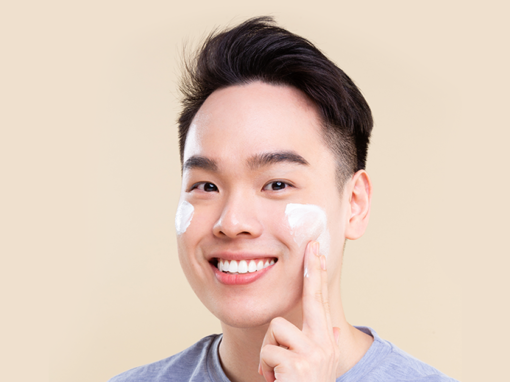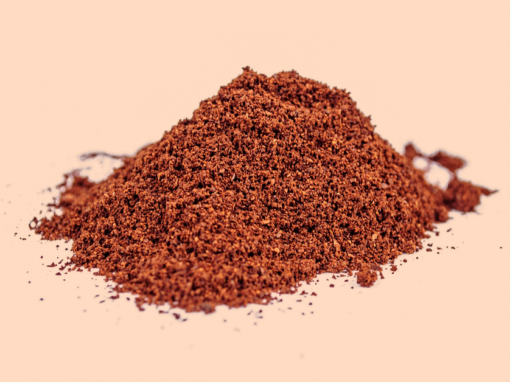With acne being one of the most common skin conditions, it often comes with many false ideas about its causes and treatments. Below is a list of 10 common myths about acne – from diet and lifestyle to topical treatments – that are not true.
You’ll also discover why they are misconceptions and the truth behind each myth. So let’s cut through the confusion surrounding acne and uncover the reality behind these 10 common myths.
Let’s get started.
An overview of acne
People of all ages commonly experience a skin condition called acne. It is caused by the overproduction of oil in the sebaceous glands, which can lead to blocked pores and form whiteheads, blackheads, pimples, and other types of blemishes. Although acne can appear on any area of the body, it is often found on the face, neck, chest, and back.
While the exact cause of acne is unclear, it is believed that hormones, genetics, lifestyle, and certain medications may contribute to its development. Depending on its severity, acne may require medical treatment as it can be mild, moderate, or severe. Acne treatments include topical creams, antibiotics, light therapy, and lifestyle changes such as reducing stress levels and eating a healthy diet.
10 common myths about acne
Millions of people worldwide suffer from acne, which is a widespread skin condition. Unfortunately, many myths and misconceptions surrounding acne can make it difficult to understand and treat. Here are 10 common myths about acne:
Acne is caused by poor hygiene:
While good hygiene is important for overall skin health, acne is not caused by dirt or surface-level bacteria. A combination of factors including genetics, hormones, and inflammation causes it.
Acne only affects teenagers:
Acne is most common in teenagers but can affect people of all ages, including adults.
Eating chocolate or greasy foods causes acne:
No evidence eating chocolate or greasy foods directly causes acne. However, a diet high in sugar and processed foods may contribute to inflammation and worsen acne in some people.
Acne is contagious:
Acne is not contagious and cannot be spread from person to person.
Popping pimples makes them go away faster:
Popping pimples can actually make acne worse by spreading bacteria and causing more inflammation. It can also lead to scarring and discoloration.
Tanning clears up acne:
Tanning may temporarily hide acne by darkening the skin, but it can also worsen acne by drying out the skin and causing more inflammation. It can also increase the risk of skin cancer.
Acne only affects people with oily skin:
Acne can affect people with all skin types, including dry and sensitive skin.
Stress causes acne:
While stress can contribute to acne by increasing inflammation and hormone levels, it is not the sole cause of acne.
Scrubbing the skin vigorously helps clear up acne:
Rubbing the skin too hard can worsen acne by irritating the skin and causing more inflammation. A gentle cleansing routine is more effective.
Acne will eventually go on its own:
While acne may improve over time, it is important to seek treatment to prevent scarring and further inflammation. Effective treatment can help clear up acne more quickly and prevent future breakouts.
Conclusion
It is significant to be aware of the myths and misconceptions about acne, as they can lead to a misunderstanding of the condition. Acne is not caused by dirt, stress, or poor diet; it is an inflammatory skin condition that requires medical treatment.
By getting the right education and advice from a healthcare professional, most people can find a solution to their acne problems.
This article is for informational purposes only and does not constitute medical advice. The information contained herein is not a substitute for and should never be relied upon for professional medical advice. Book a consultation with andSons medical team to learn more about healthcare treatments here.


